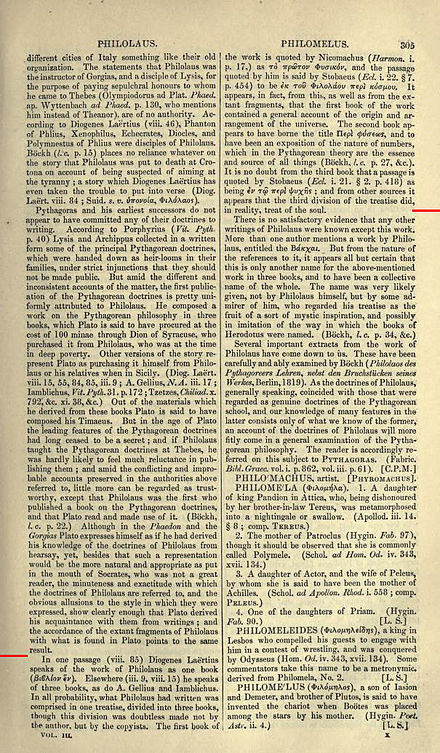Cosmos
The cosmos (UK: /ˈkɒzmɒs/, US: /-moʊs/) is another name for the Universe. Using the word cosmos implies viewing the universe as a complex and orderly system or entity.[1]
The cosmos, and our understanding of the reasons for its existence and significance, are studied in cosmology – a broad discipline covering scientific, religious or philosophical aspects of the cosmos and its nature. Religious and philosophical approaches may include the cosmos among spiritual entities or other matters deemed to exist outside our physical universe.
The philosopher Pythagoras first used the term kosmos (Ancient Greek: κόσμος, Latinized kósmos) for the order of the universe.[2] Greek κόσμος "order, good order, orderly arrangement" is a word with several main senses rooted in those notions. The verb κοσμεῖν (κοσμεῖν) meant generally "to dispose, prepare", but especially "to order and arrange (troops for battle), to set (an army) in array"; also "to establish (a government or regime)", "to adorn, dress" (especially of women). Thus kosmos had an important secondary sense of "ornaments,decoration" (compare kosmokomes "dressing the hair," and cosmetic).[3] In Modern Greek, κόσμος has developed, along with primary "the universe, the world", the meaning of "people" (collectively).
The term became part of modern language in the 19th century when geographer and polymath Alexander von Humboldt resurrected the use of the word, assigning it to his five-volume treatise, Kosmos (1845–1862), which influenced modern and somewhat holistic perception of the universe as one interacting entity.[4][5]
Cosmology is the study of the cosmos, and in its broadest sense covers a variety of very different approaches: scientific, religious and philosophical. All cosmologies have in common an attempt to understand the implicit order within the whole of being. In this way, most religions and philosophical systems have a cosmology.
When cosmology is used without a qualifier, it often signifies physical cosmology, unless the context makes clear that a different meaning is intended.




